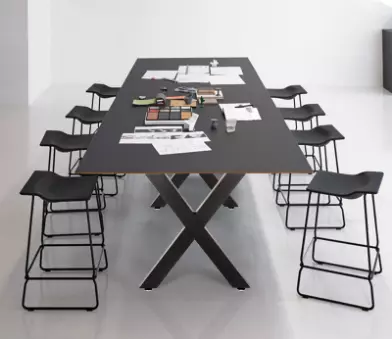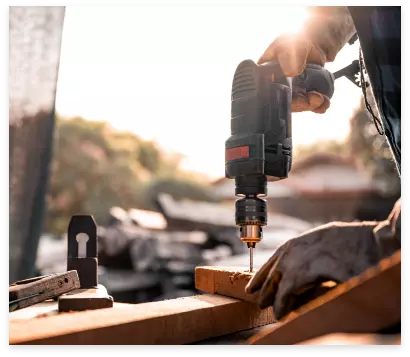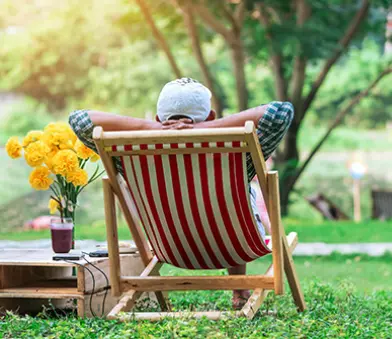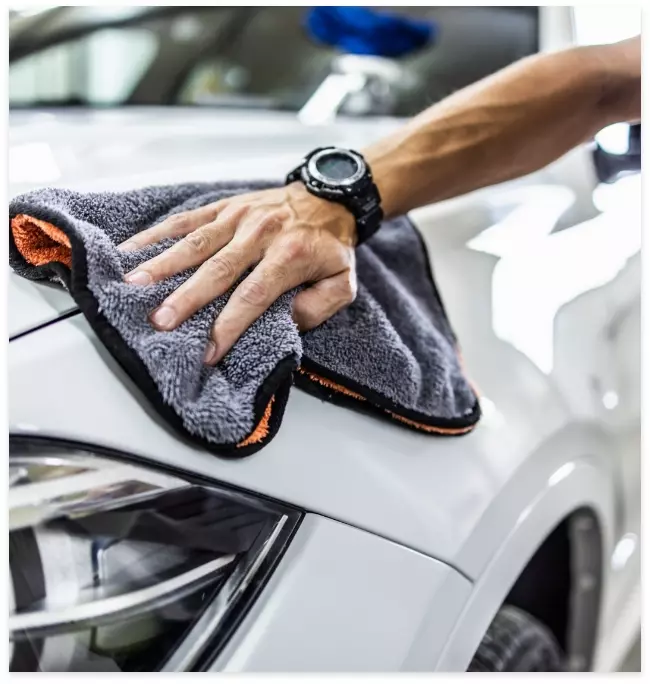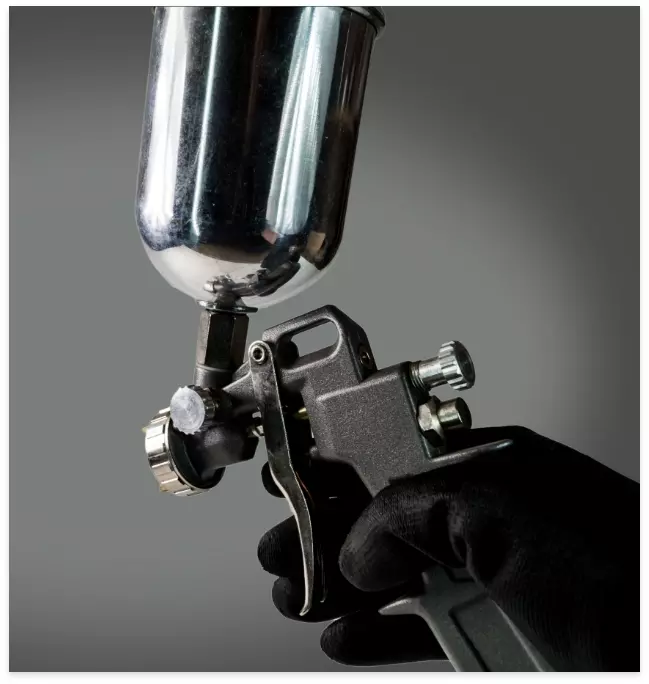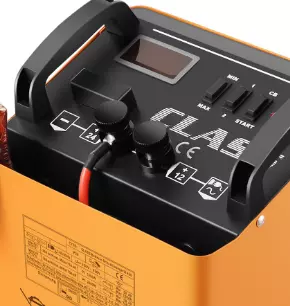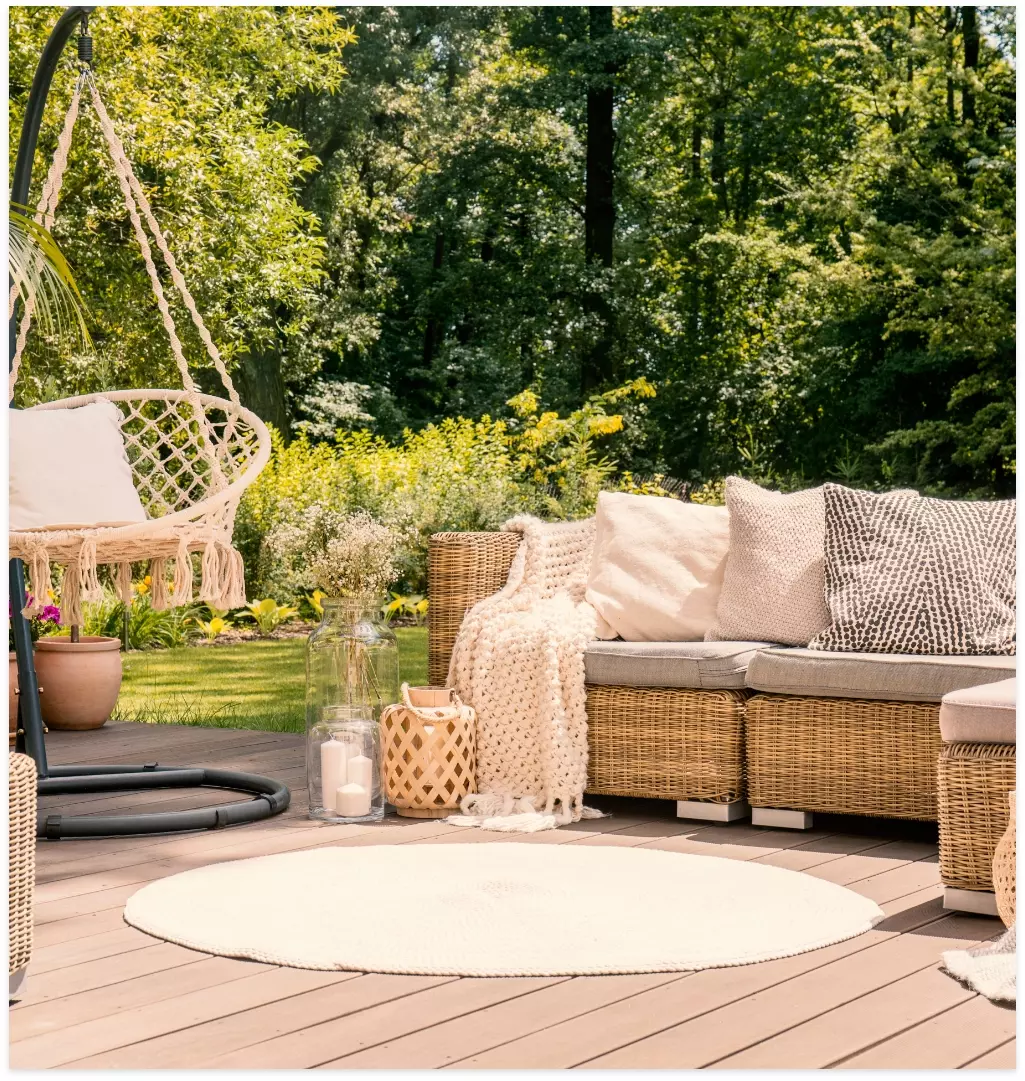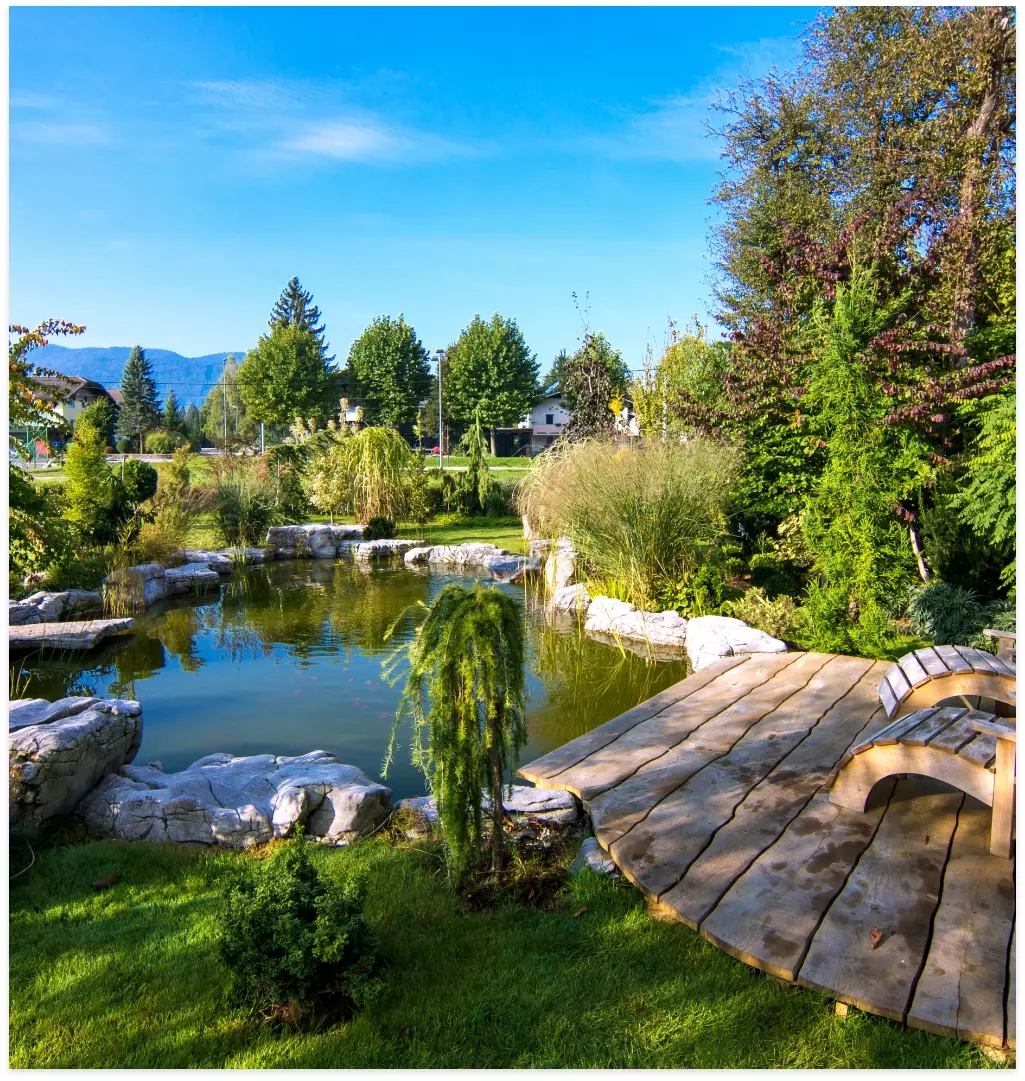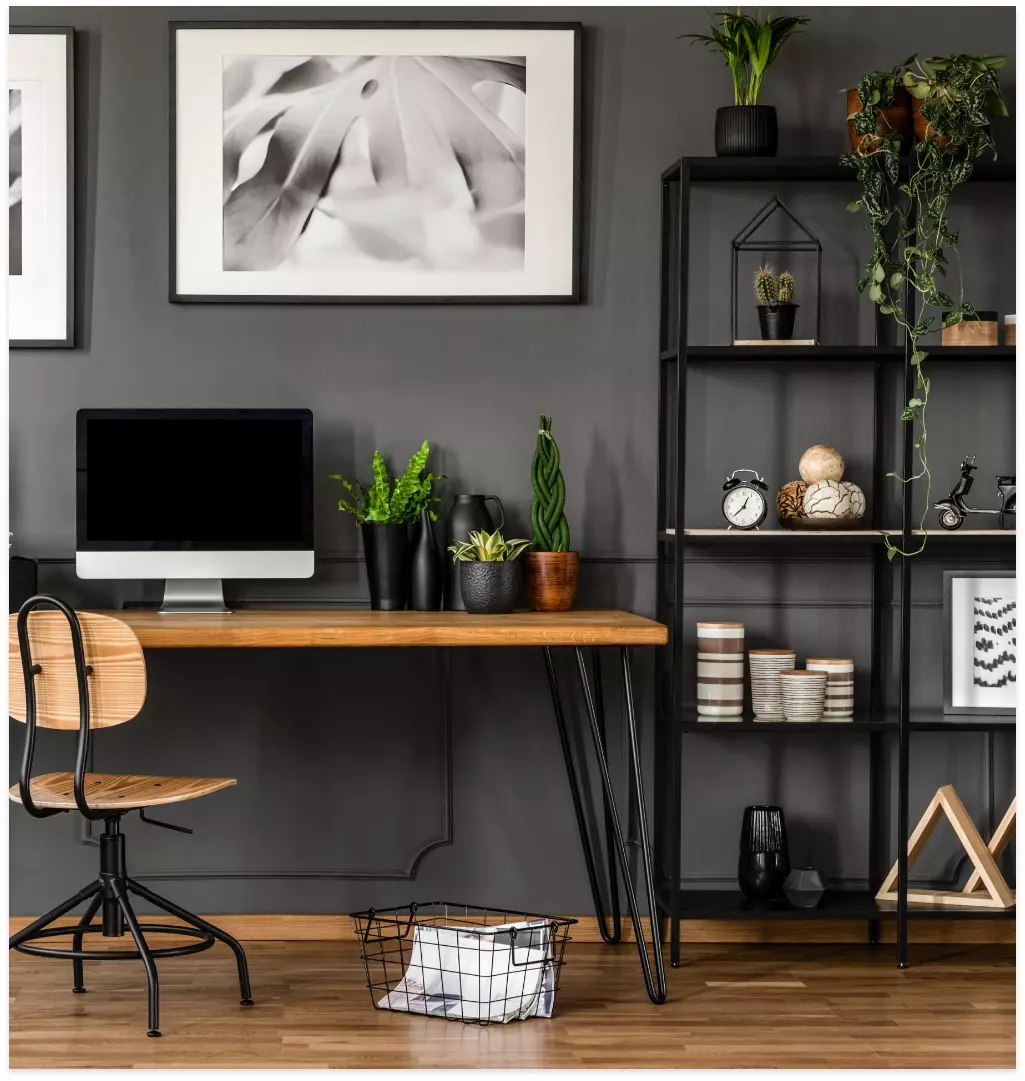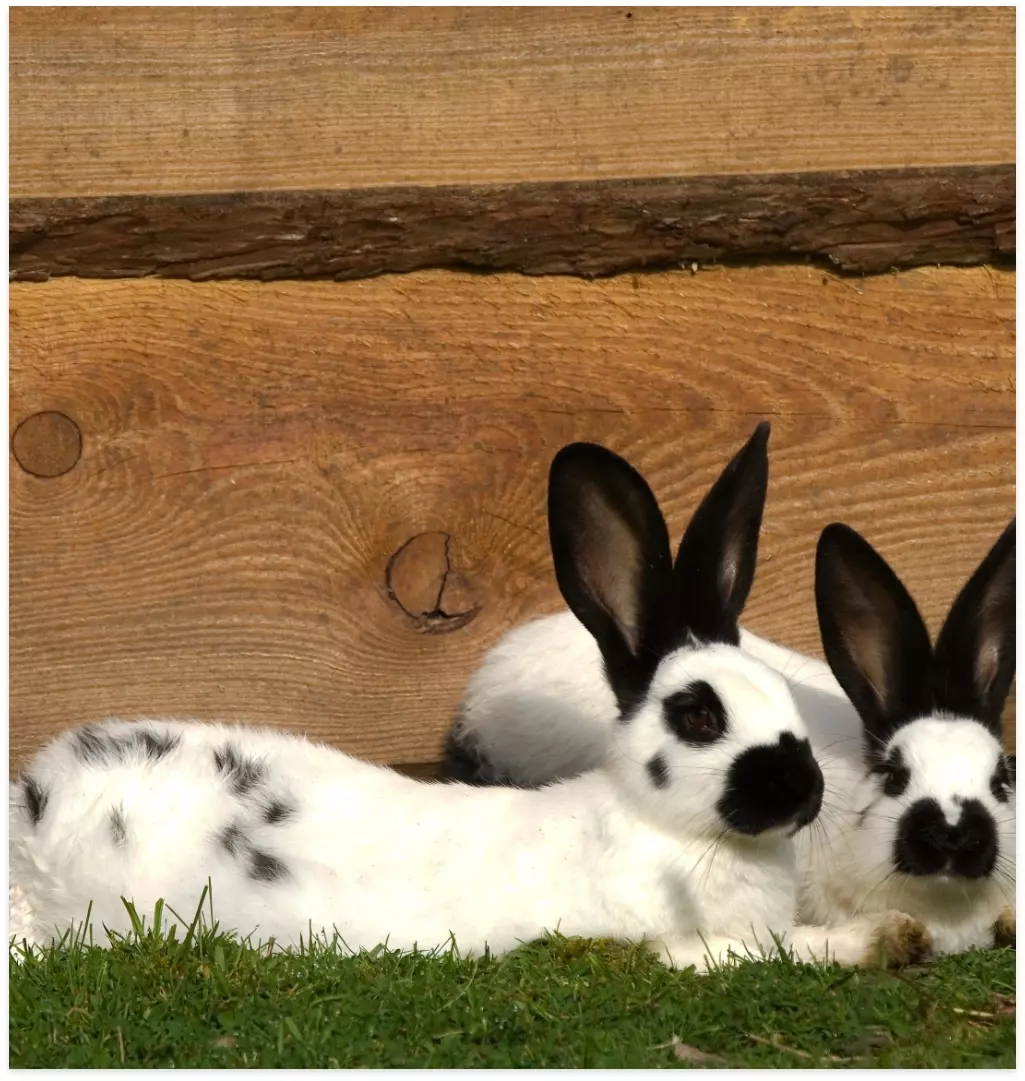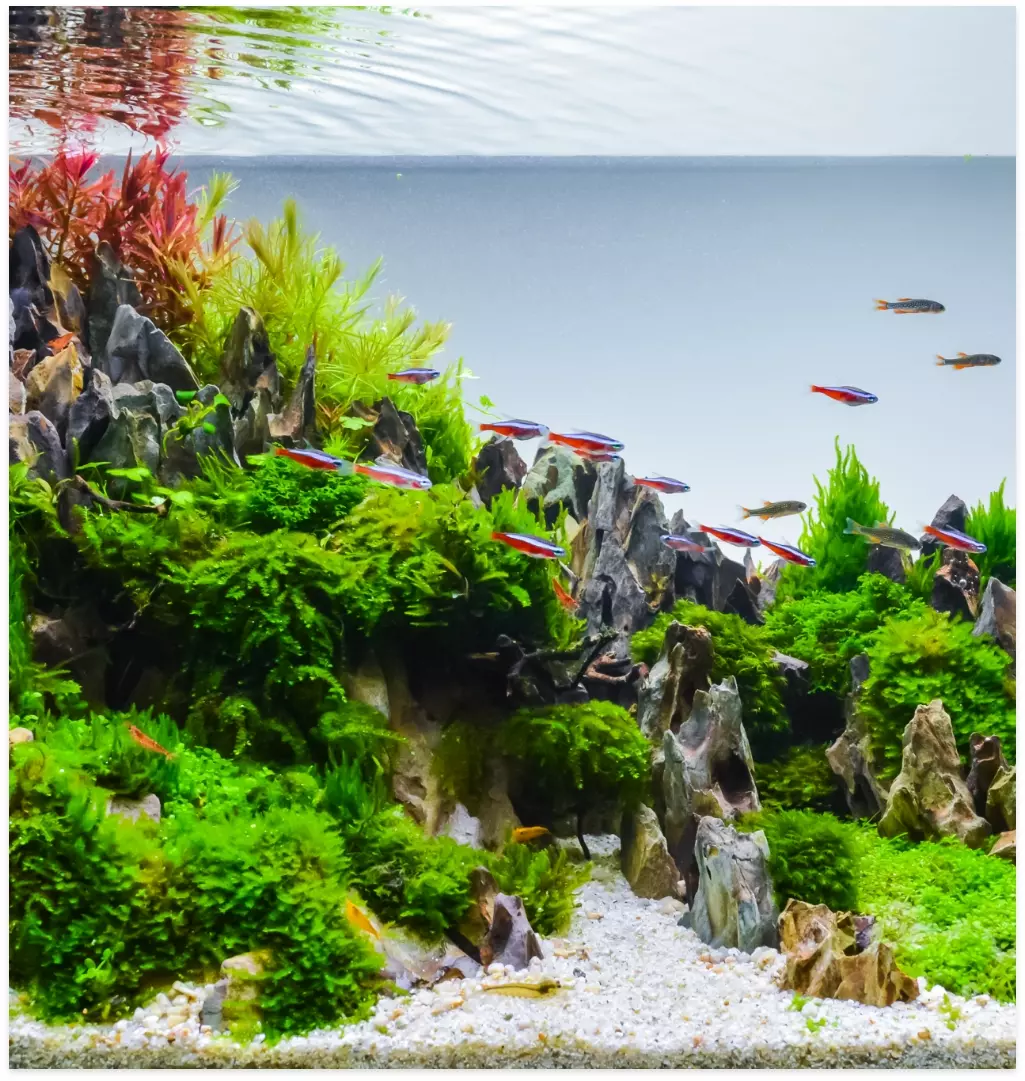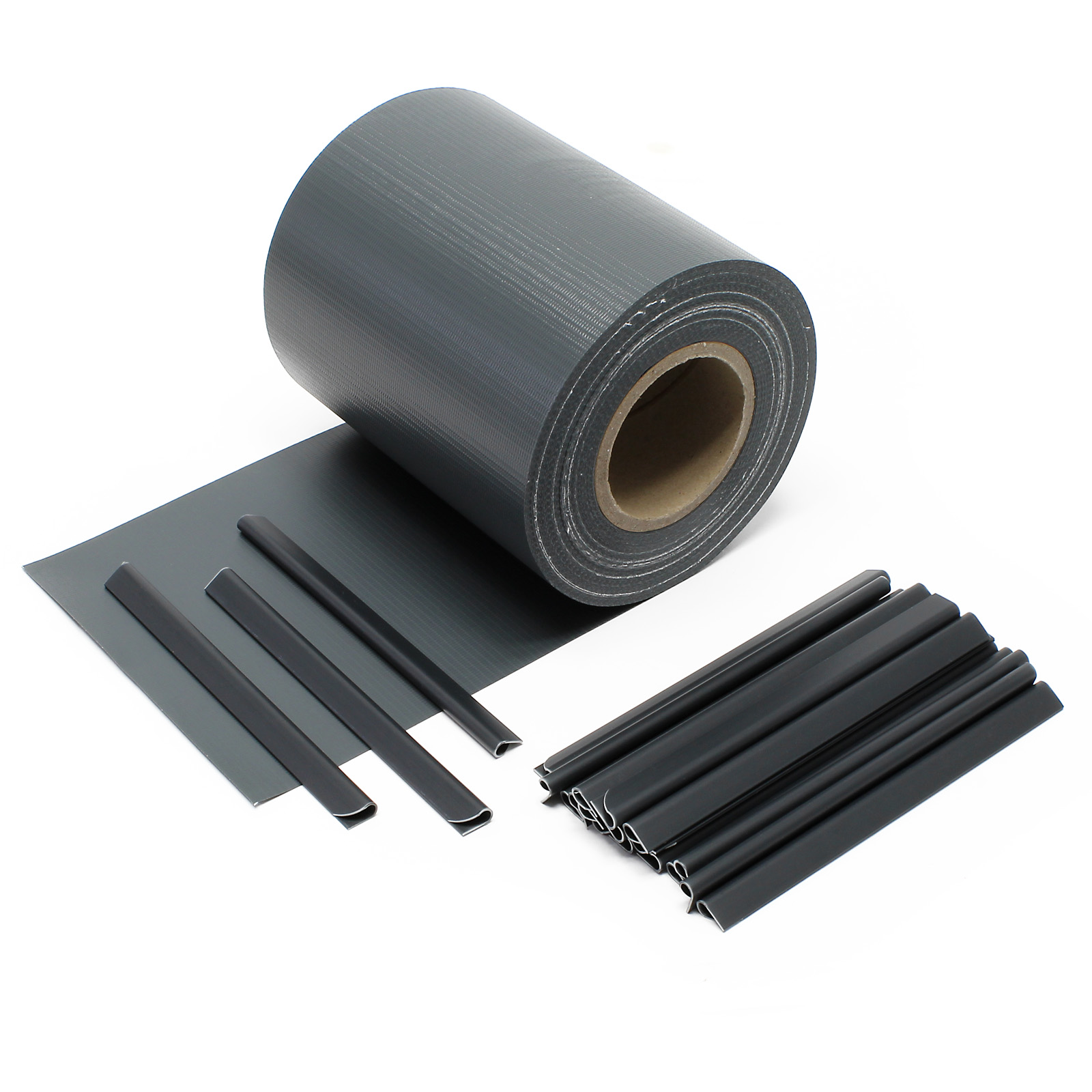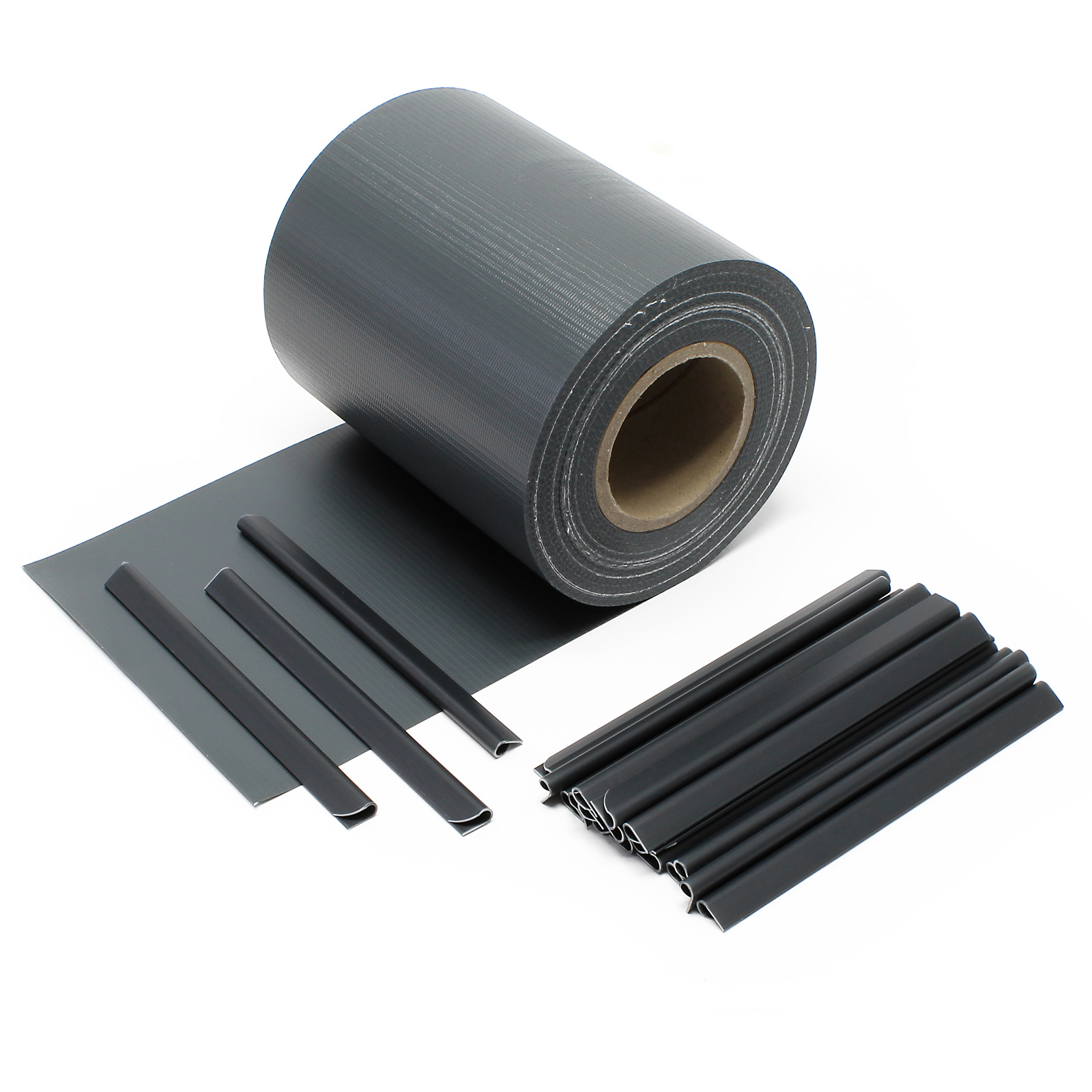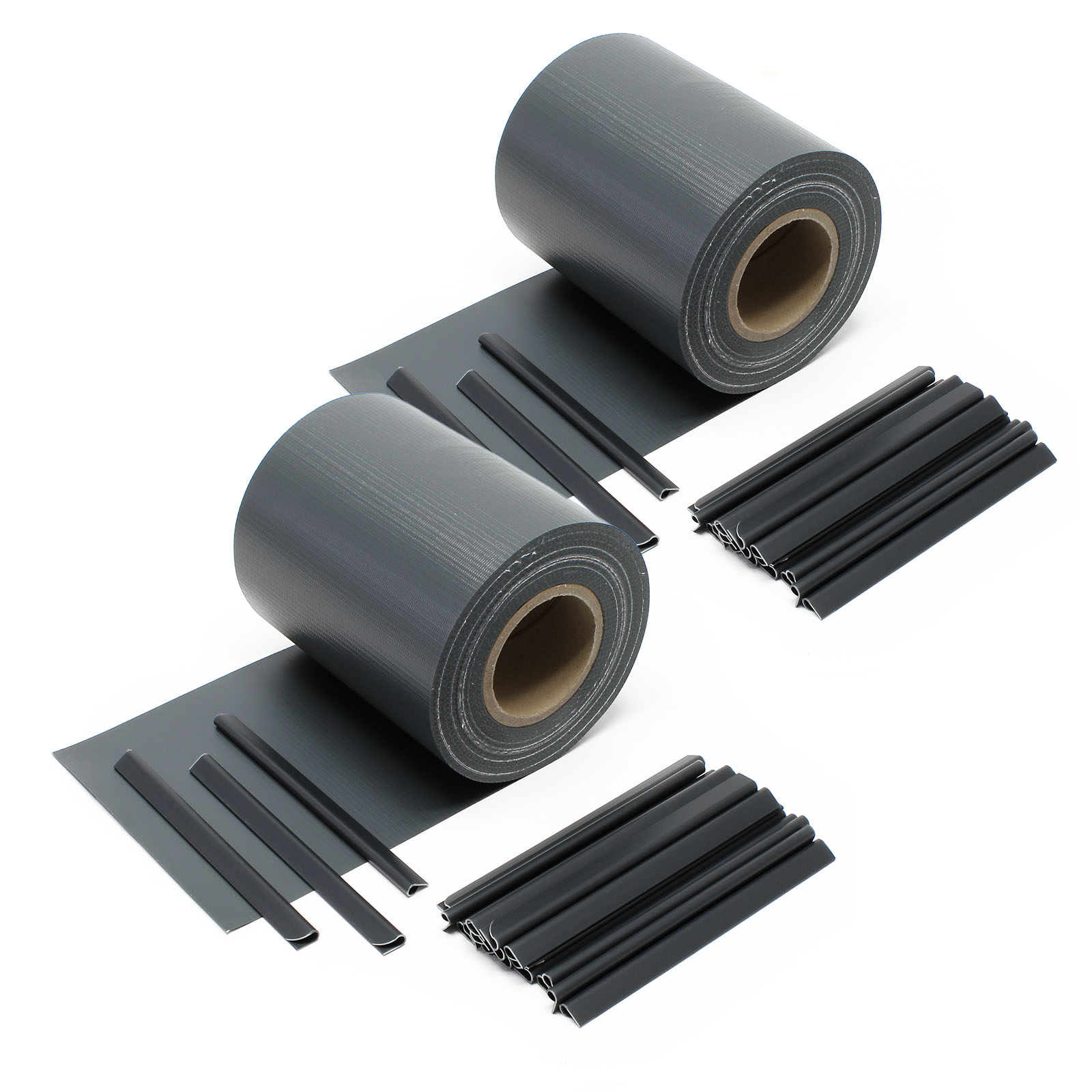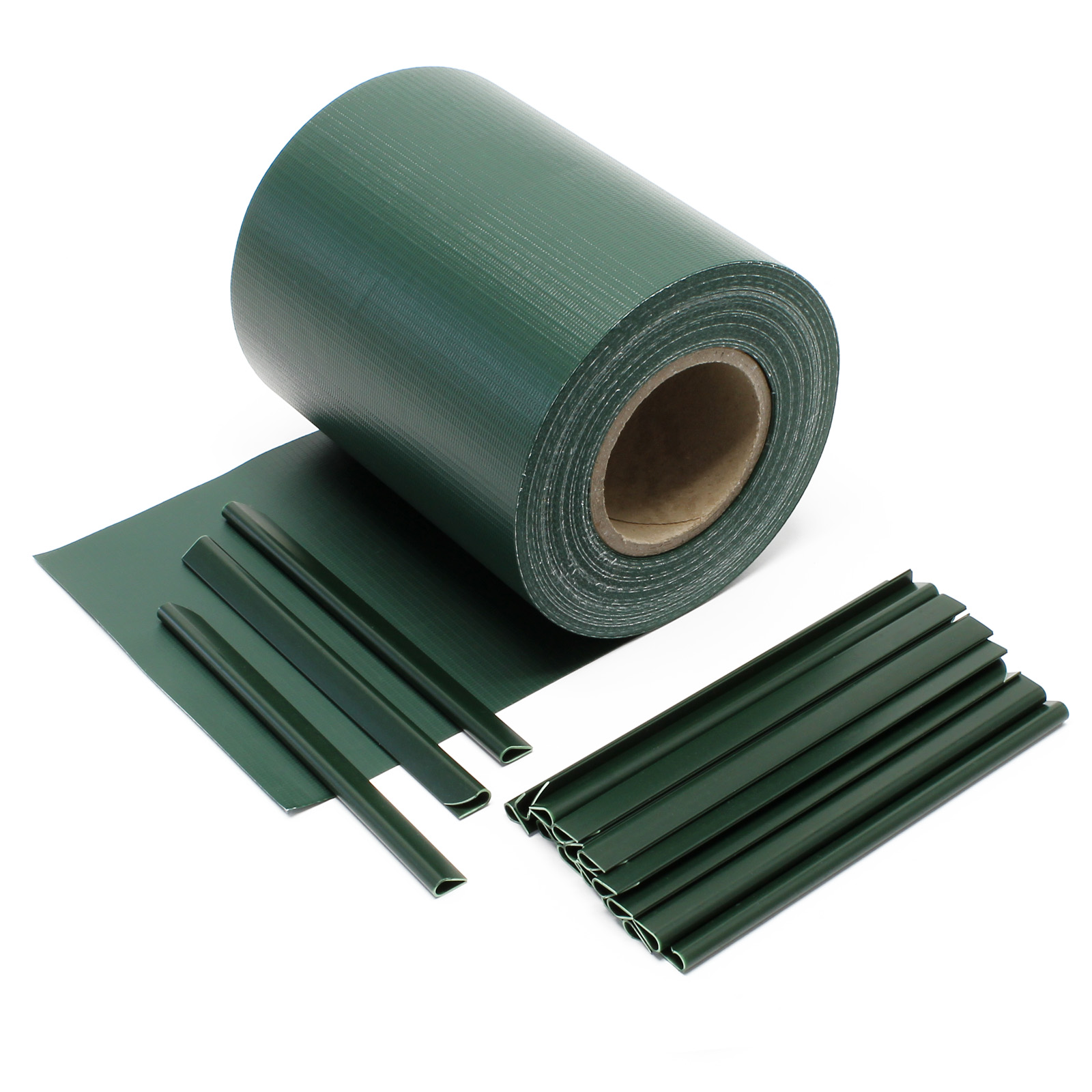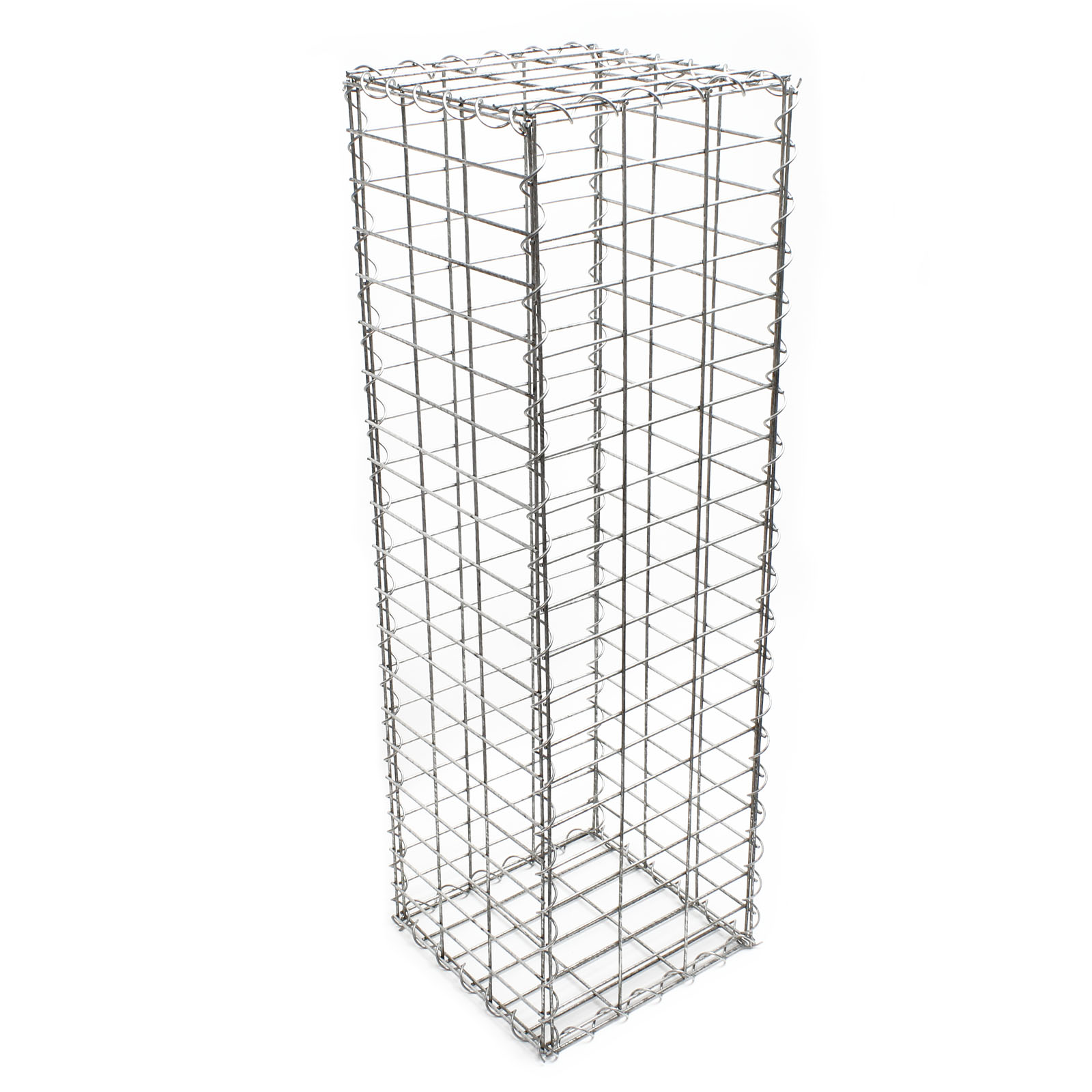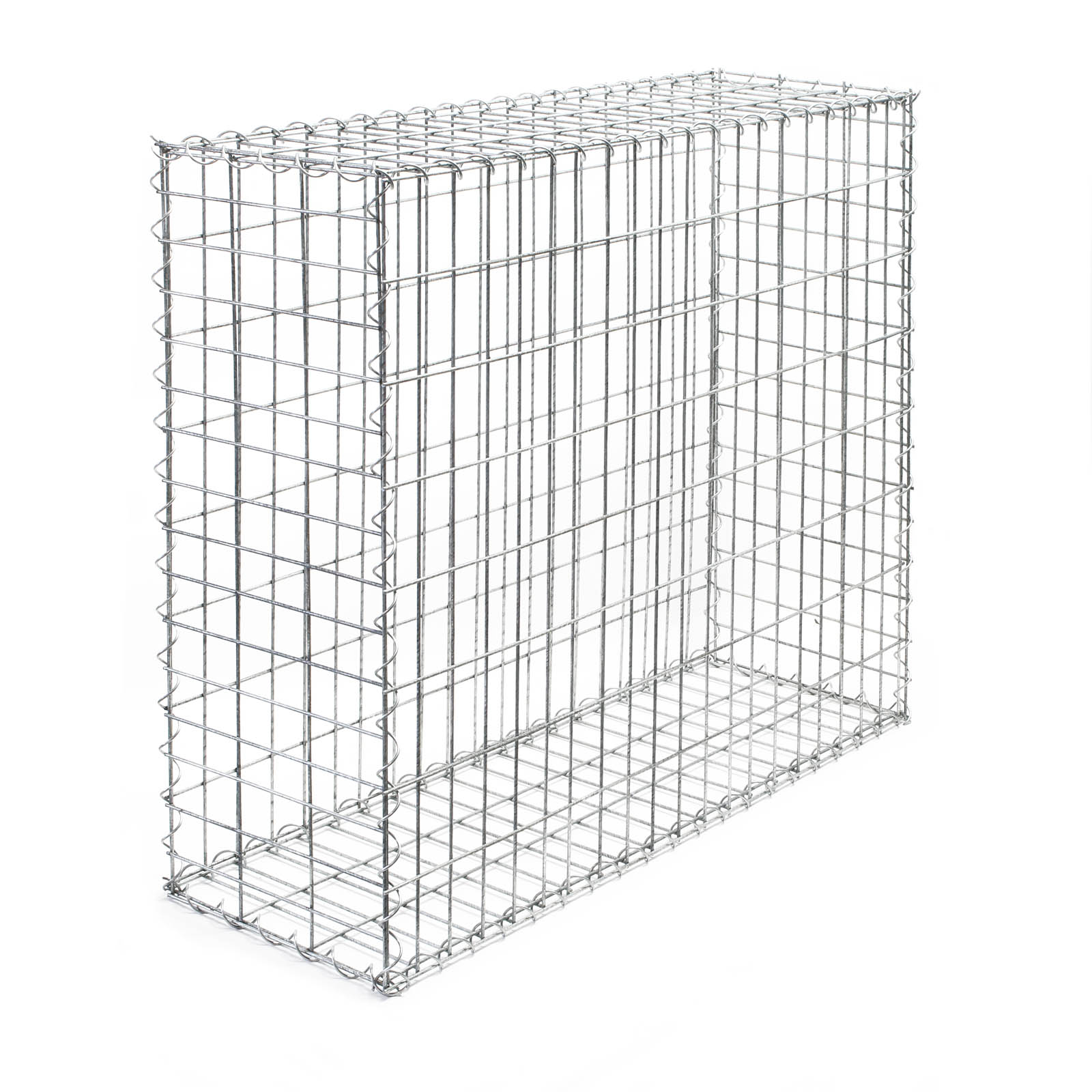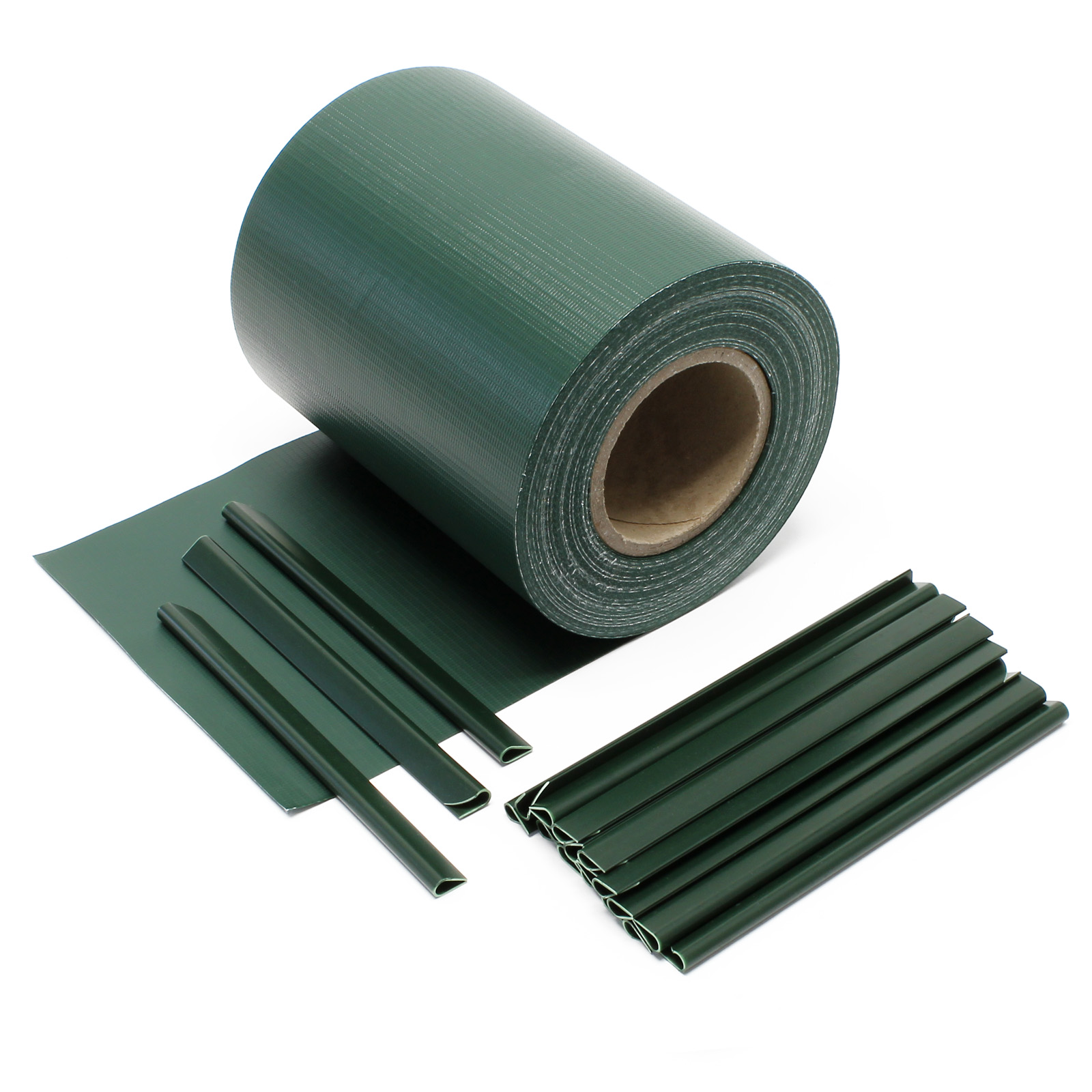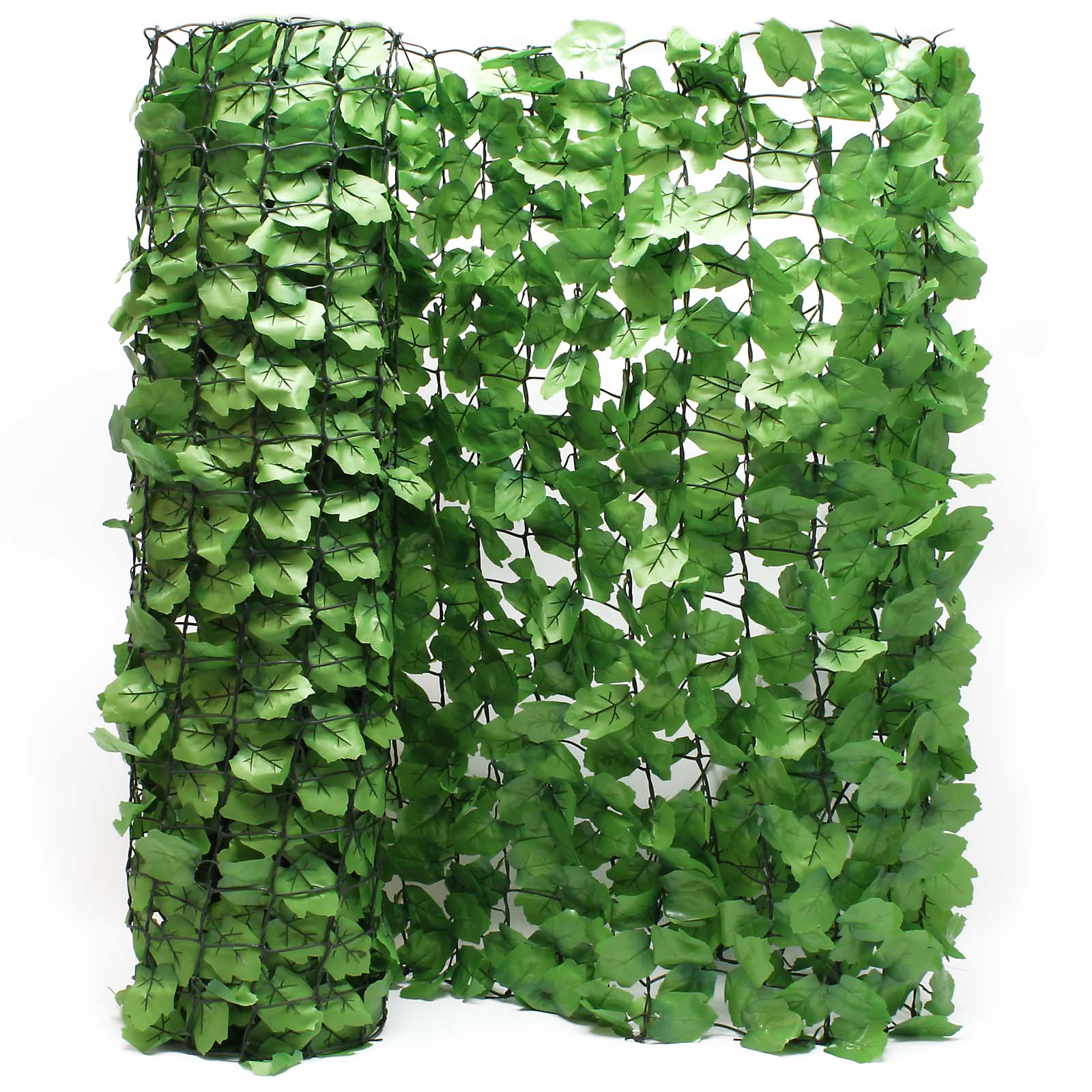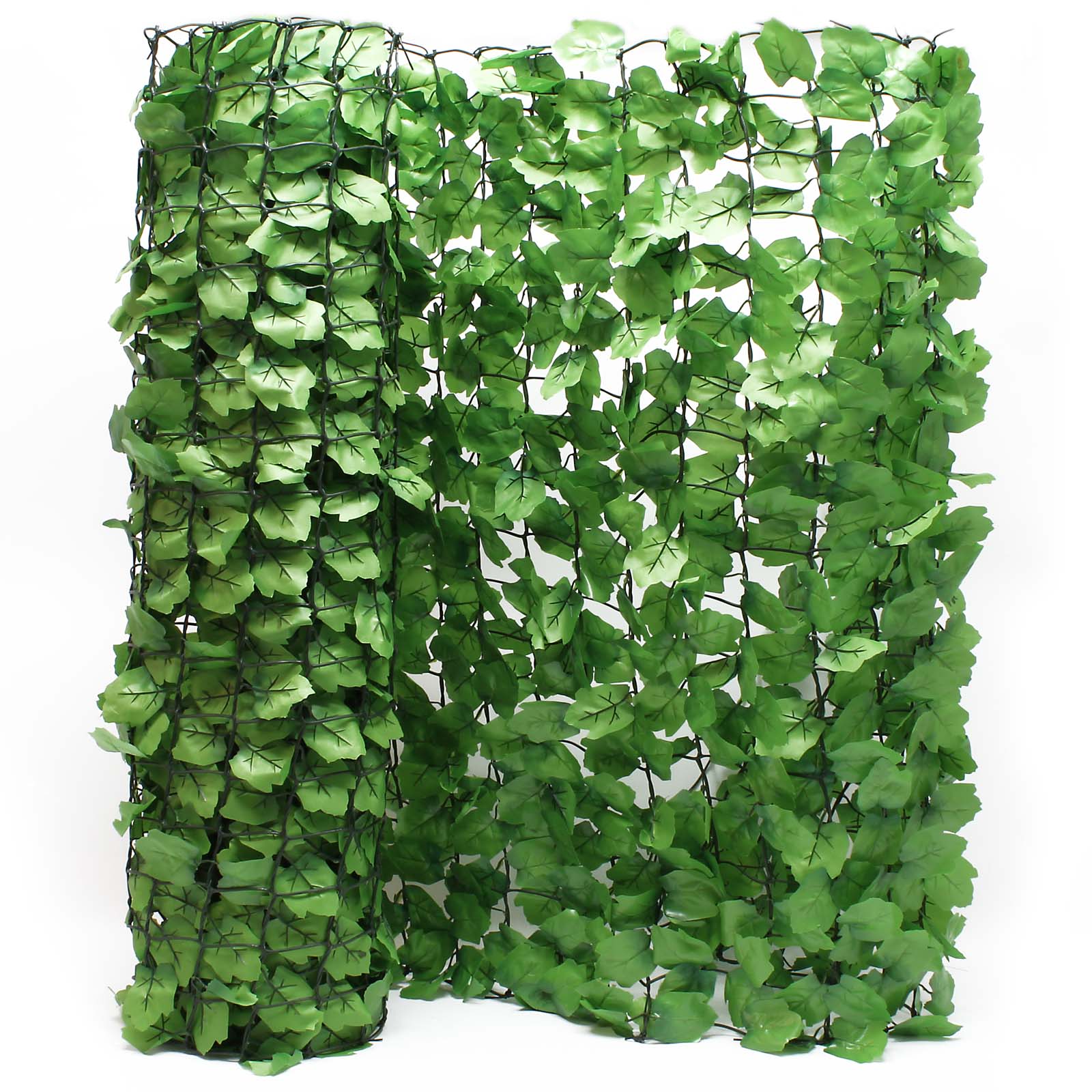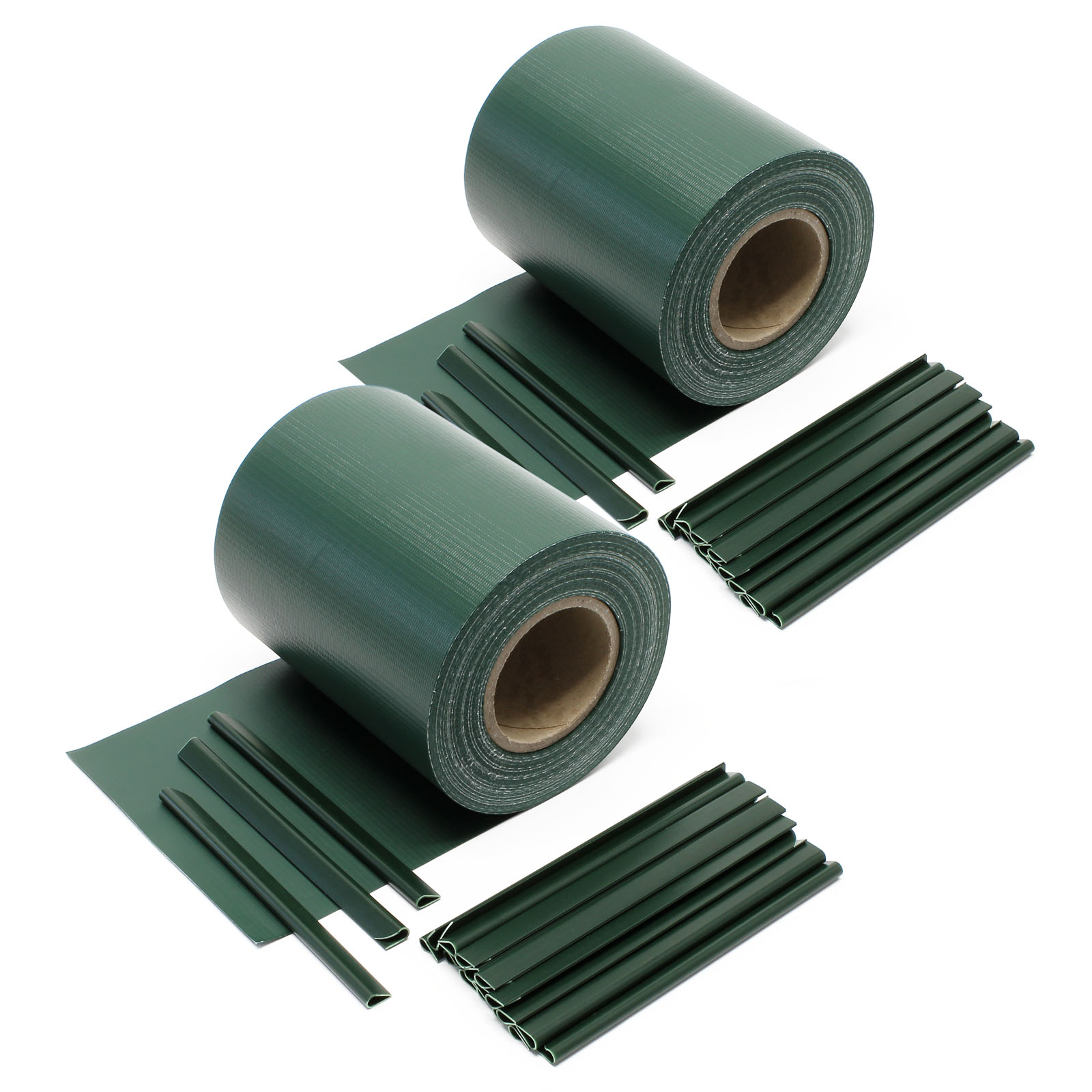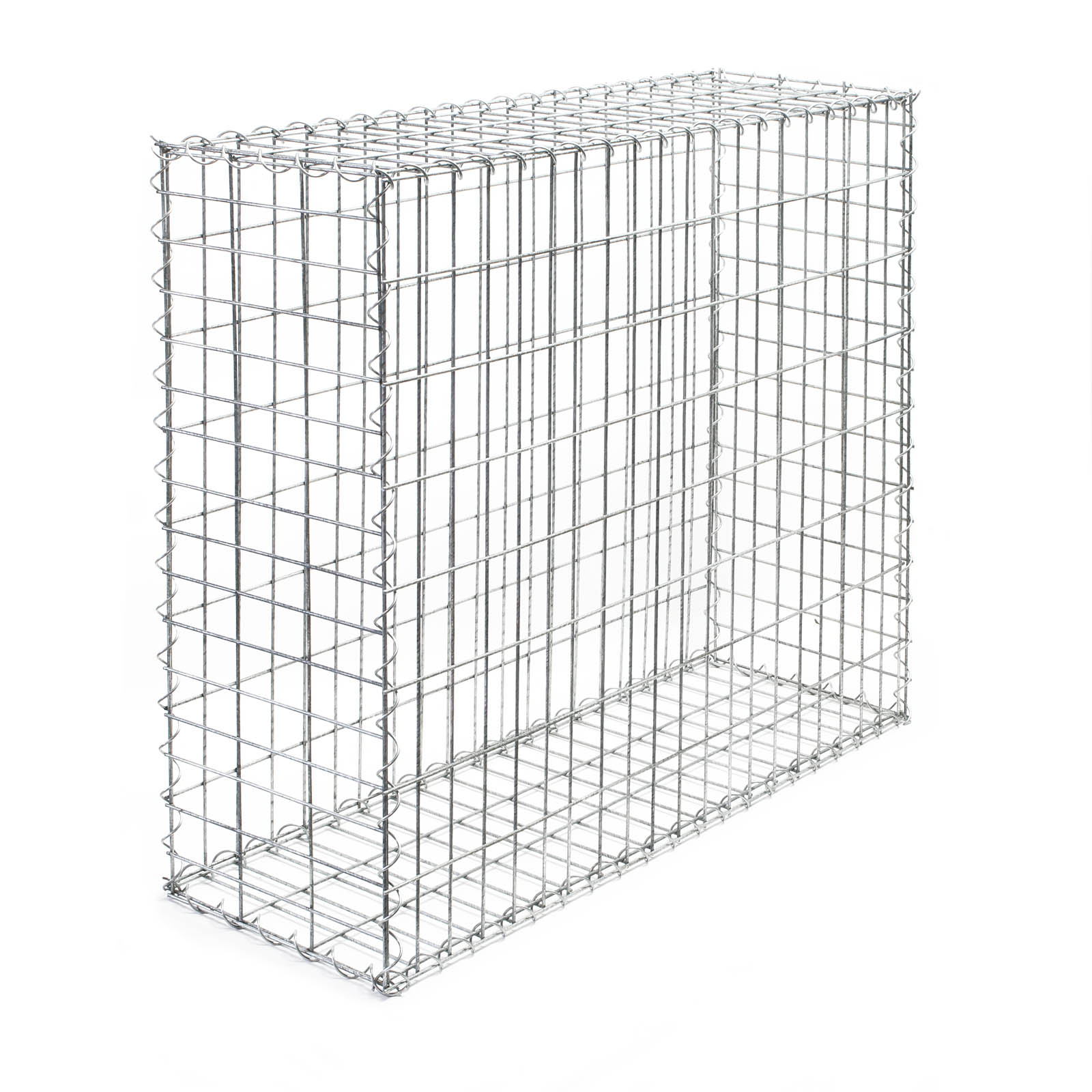Privacy & Wind Screens
Available in 32 days, delivery time 2 - 3 days
• 650 g/m², colour: anthracite
• Tear and weather-resistant
• Simple assembly
• 20 mounting clips included
Content: 35 metre(s) (€0.67* / 1 metre(s))
Available, delivery time: 2 - 3 days
• Anthracite PVC foil with 450 g/m²
• 35 m roll, roll width 19 cm
• 20 retaining clips included
Content: 35 metre(s) (€0.43* / 1 metre(s))
Available, delivery time: 2 - 3 days
• Grey PVC foil with 450 g/m²
• 35 m roll, roll width 19 cm
• 20 retaining clips included
Content: 35 metre(s) (€0.49* / 1 metre(s))
Available in 32 days, delivery time 2 - 3 days
• 650 g/m², colour: anthracite
• Tear and weather-resistant
• Simple assembly
• 40 mounting clips included
Content: 70 metre(s) (€0.67* / 1 metre(s))
Available, delivery time: 2 - 3 days
• Dimensions: 100 x 50 x 30 cm
• Mesh Width: 5 x 10 cm
• Wire Thickness: 4 mm
• Connecting Spiral Wire: 3 mm
Available, delivery time: 2 - 3 days
• 650 g/m², colour: green
• Tear and weather-resistant
• Simple assembly
• 20 mounting clips included
Content: 35 metre(s) (€0.63* / 1 metre(s))
Available, delivery time: 2 - 3 days
• Dimensions: 100 x 30 x 30 cm
• Mesh Width: 5 x 10 cm
• Wire Thickness: 4 mm
• Connecting Spiral Wire: 3 mm
Available, delivery time: 2 - 3 days
• Dimensions: 100 x 80 x 30 cm
• Mesh Width: 5 x 10 cm
• Wire Thickness: 4 mm
• Connecting Spiral Wire: 3 mm
Available, delivery time: 2 - 3 days
• 450 g/m², colour: green
• Tear and weather-resistant
• Simple assembly
• 20 mounting clips included
Content: 35 metre(s) (€0.49* / 1 metre(s))
Available, delivery time: 2 - 3 days
• Material mesh plastic
• Material leaves 100 % polyester
Available, delivery time: 2 - 3 days
• Material mesh plastic
• Material leaves 100 % polyester
Available, delivery time: 2 - 3 days
• 650 g/m², colour: green
• Tear and weather-resistant
• Simple assembly
• 40 mounting clips included
Content: 70 metre(s) (€0.64* / 1 metre(s))
Available, delivery time: 2 - 3 days
• Dimensions: 100 x 100 x 30 cm
• Mesh Width: 5 x 10 cm
• Wire Thickness: 4 mm
• Connecting Spiral Wire: 3 mm

